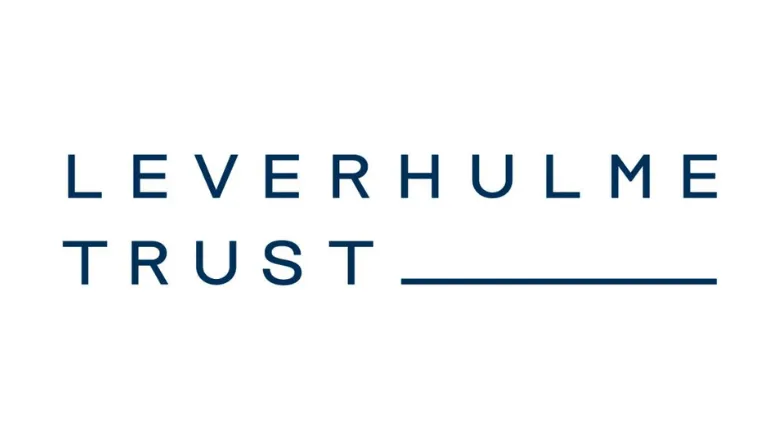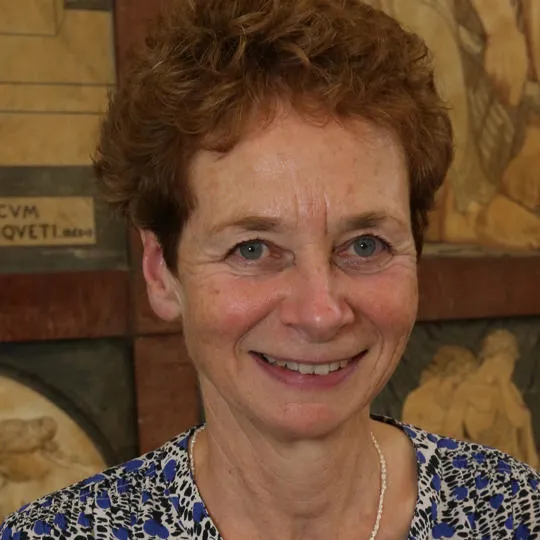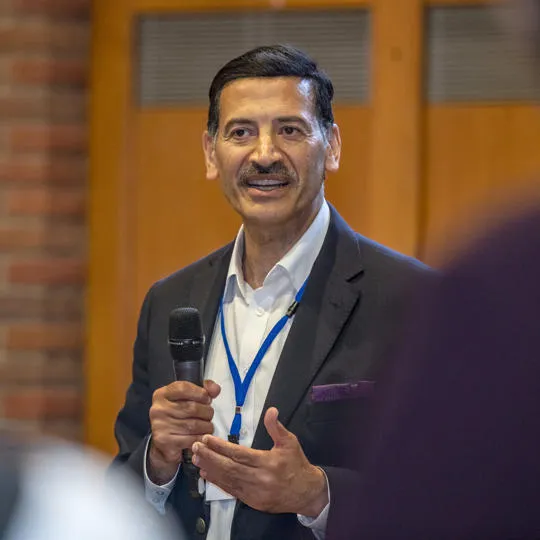We are thrilled to have this opportunity to work with colleagues in Kent to train a new generation of researchers to study the material record of the pre-modern past in the digital age. Colleagues in nine Departments across the two institutions will bring together skills and expertise which cross boundaries of language, culture, script systems, and discipline, and which extend across Eurasia over more than a millennium. A particular feature of the programme will be its inclusivity. We have funding to support up to three additional students from underrepresented minorities thanks to generous Master’s Plus funding made available by the Trust.
Professor Julia Crick, Professor of Palaeography and Manuscript Studies
12 January 2024
Consortium headed by King's wins Leverhulme Trust Doctoral Scholarships Programme
Academics at King's, in partnership with colleagues at the University of Kent, have been awarded up to £2.2m of funding to support doctoral scholars in the humanities.

The successful bid for a Leverhulme Doctoral Scholarships Programme entitled ‘Knowledge Orders before Modernity: a Leverhulme Doctoral Scholarship Programme’ was led by Professor Julia Crick FBA, Professor of Palaeography and Manuscript Studies from the Department of History, who will co-direct the programme with Dr David Rundle of the University of Kent.
The new Doctoral Scholarships will fund new researchers in the Faculty of Arts & Humanities at King's. The programme is one of eleven in all disciplines to be funded by the Leverhulme Trust across the UK, the first such programme in the humanities at King’s, and the first ever at the University of Kent.
'Knowledge Orders before Modernity' aims to reboot the study of written heritage by equipping future generations with critically endangered skills and technical expertise essential for understanding manuscript texts and archival records. Investigations and studentships within the programme will be grouped into four strands: exploring technologies of knowledge, embodied knowledge, system of knowledge and chronologies of knowledge. The programme will focus on the methods of the past, the present and the future, such as AI-powered handwriting recognition programmes, as well as image and language generation.
‘Knowledge Orders before Modernity combines the old and the new. It seeks to challenge a conventional periodization within the Anglophone literature which associates complex knowledge, complex archival mechanisms, and mundane recording with the arrival of print. It explores the capacity of the handwritten word comparatively, outside, and well as within western cultures. It looks at the dynamics of the system from the bottom up. It recognises that today’s students are citizens of a different world from that in which much scholarship was written, and they need a means of access to handwritten knowledge about the pre-modern past’, the programme description states.
The 'Knowledge Orders before Modernity' programme will cement King’s position as a leading training centre for manuscript studies and pre-modern knowledge in the UK.
The Faculty of Arts and Humanities at King's is leading the way in reimagining the future of historical research and understanding and demonstrating how traditional historical methods can be simultaneously preserved and revitalised by new technological challenges. The Leverhulme funding is a welcome opportunity to grow talent and capacity in this space and align with the strategic emphases of our university.
Professor Bashir Al-Hashimi, Vice President (Research & Innovation)
The Leverhulme Doctoral Scholarships scheme is supported by the Leverhulme Trust. The programme funds up to 18 scholars in an interdisciplinary priority research area for the successful institution. Normally ten awards of up to £2.15m are made to UK universities in each round. Each award funds fifteen four-year Leverhulme Doctoral Scholarships, and three Master’s Plus scholarships, which support students from underrepresented groups needing to take a research Master’s degree before progressing to doctoral study. Each grant programme runs over a period of 8 years.


